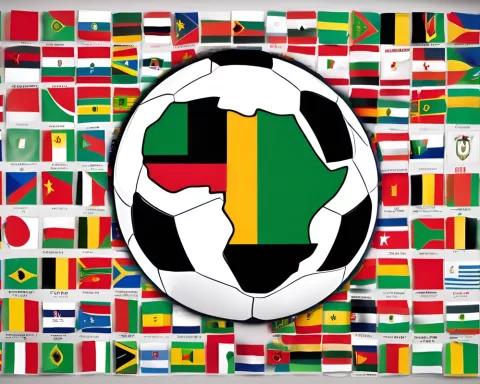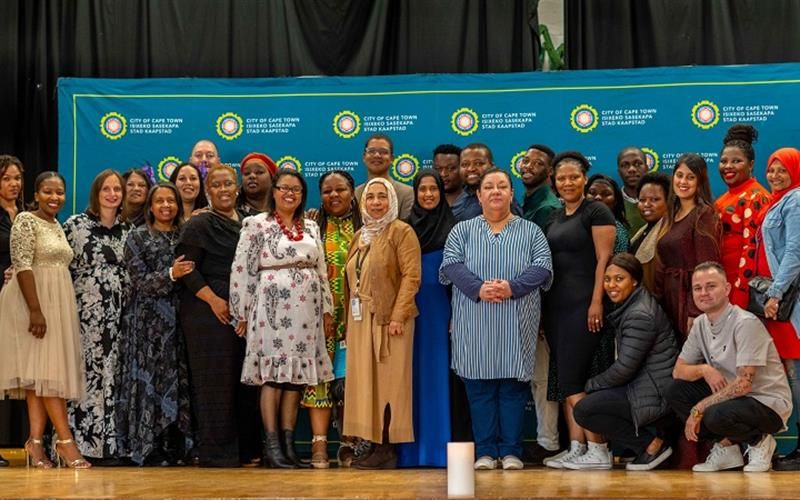Consultation with Children across Provinces
In a world where injustice can sometimes feel insurmountable, it is heartening to observe the proactive actions taken by the South African Department of Social Development. They have embarked on an initiative to consult with children on the National Strategic Plan on Gender-Based Violence and Femicide (NSP-GBVF). This consultation process has taken place in multiple provinces such as Gauteng, Western Cape, Northern Cape, KwaZulu-Natal, North West, and Limpopo. The department intends to expand this initiative to Free State and Mpumalanga on the 23rd of September.
The choice to incorporate children’s opinions in the NSP-GBVF originated from the Presidential GBVF Summit conducted last year. During the summit, children called for a distinct pillar, Pillar 7, specifically addressing violence against children. These consultation sessions aim to guarantee that children can voice their thoughts on the NSP-GBVF and have their concerns reflected in the final document.
Children from various parts of South Africa have expressed their dissatisfaction with the current document, claiming it is biased towards women and overlooks the issues faced by men and boys. They assert that their struggles should not be combined with those of women, as they endure mistreatment from both men and women. Furthermore, they argue that in its existing form, the NSP-GBVF is not child-friendly.
Involving Children in Decision-Making
Protecting children’s right to participate in decisions impacting them is enshrined in the Children’s Act. Through these consultations, the department seeks to hear the grievances of children and integrate their feedback into a revised NSP-GBVF. The final decision on whether to include a separate Pillar 7 for children will be determined by the national steering committee responsible for the NSP-GBVF.
On September 23rd, media and the public are invited to attend the Children’s Consultations on NSP-GBVF Pillar 7. These consultations will occur in Bloemfontein at the Protea by Marriott Hotel and in Witbank at the Anew hotel. This open invitation showcases the government’s dedication to transparency and the inclusion of diverse opinions in shaping policy.
The effort to consult children on the NSP-GBVF is praiseworthy and mirrors the progress being achieved in South Africa’s endeavors to fight against gender-based violence and femicide. By including the perspectives of children, the government is nurturing a new generation of informed, engaged, and empowered citizens.
Setting a Global Example
This inclusive method also serves as a model for other nations to emulate. By recognizing the experiences of children and addressing their concerns, governments worldwide can develop more comprehensive, resilient, and effective policies to combat the plague of gender-based violence and femicide.
As the consultations proceed, it is crucial to remember the importance of considering diverse perspectives when tackling intricate social issues. Including children’s voices in the NSP-GBVF is not only an essential step in ensuring their concerns are addressed but also serves as a potent reminder of the significance of empathy, comprehension, and collaboration in creating a more just and equal society.
Throughout history, the voices of young people have often spurred significant change. By actively seeking the input of children and integrating their insights into the NSP-GBVF, the South African Department of Social Development is not only advancing the fight against gender-based violence and femicide but is also laying the groundwork for a brighter, more inclusive future.
Maintaining Hope for a Safer Future
As the consultations advance, it is vital to uphold a sense of optimism and hope. The work performed by the Department of Social Development, in conjunction with the passion and determination of the children participating in these consultations, serves as a beacon of progress in the ongoing battle to eliminate gender-based violence and femicide.
The inclusion of children in the development of the NSP-GBVF signifies a promising shift in the approach to addressing this pressing issue. By actively engaging with and learning from the lived experiences of children, policymakers and advocates can create more effective and empathetic strategies to combat gender-based violence and femicide in South Africa and across the globe.
The lessons gleaned from the consultation process will undoubtedly have a profound impact on the development of the NSP-GBVF. It is through this collaborative and inclusive approach that lasting change can be achieved, and a safer, more equitable world can be built for future generations.












